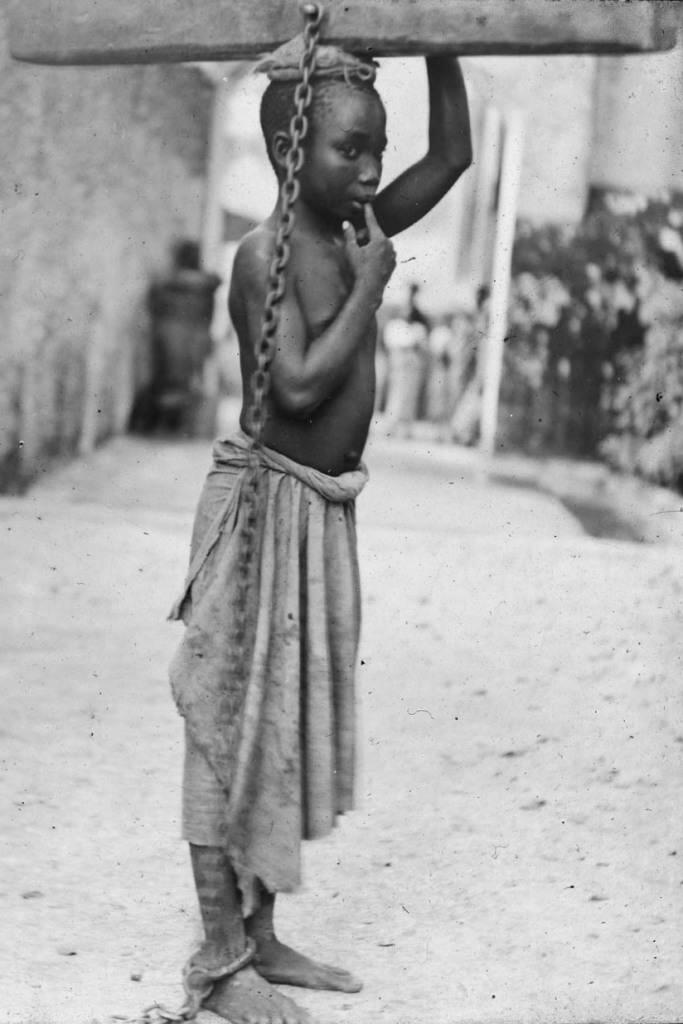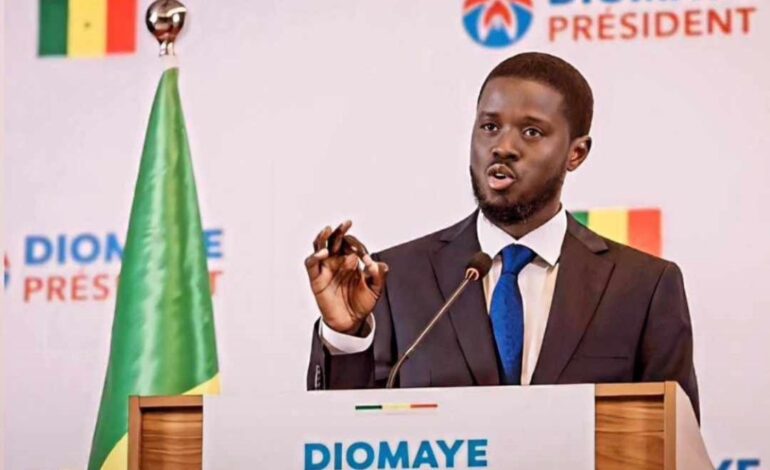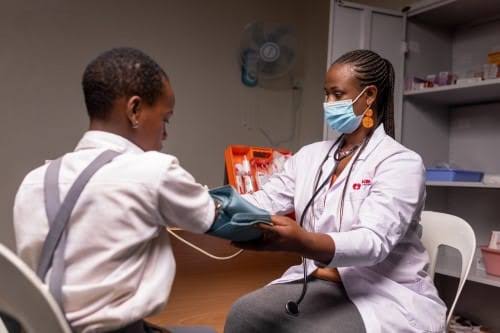
Faith Nyasuguta
The United Nations Secretary-General Antonio Guterres( pictured) has emphasized the importance of reparations for the transatlantic slave trade’s enduring impact, particularly in addressing systemic racism today.
Over centuries, at least 12.5 million Africans endured kidnapping, forced transportation, and enslavement by European merchants, enduring horrific conditions on plantations in the Americas. Guterres stressed how this history laid the groundwork for pervasive discrimination rooted in white supremacy.
In commemorating the U.N. International Day of Remembrance of the Victims of Slavery, Guterres emphasised the need for reparatory justice frameworks to redress generations of exclusion and discrimination. He stated, “We call for reparatory justice frameworks to help overcome generations of exclusion and discrimination.”
A U.N. report in September proposed financial reparations as one avenue for addressing the historical injustices of slavery. The global momentum for reparations has gained traction, with advocates worldwide pushing for acknowledgment and restitution.
Hilary Beckles, chair of the reparations commission of the Caribbean Community (CARICOM), hailed this movement as a triumph of humanity over evil, stating, “This is the movement that will signal, finally, the collective victory of humanity, of good over evil.”

The CARICOM reparations commission seeks reparations, including debt cancellations and support for public health crises, from former colonial powers like the United Kingdom, France, and Portugal.
The Repair Campaign, which develops socio-economic reparation plans for CARICOM nations, conducted a poll revealing significant support in the UK for financial compensation and formal apologies to the Caribbean.
Verene Shepherd, Director of the Centre for Reparation Research at the University of the West Indies, emphasized the urgent need for former colonial powers to acknowledge their responsibility and make amends. She stated, “Britain and other former and current colonial powers [need] to own up to their responsibility.”
These concerns show the critical role of reparations in addressing the enduring legacies of slavery and colonialism, highlighting the need for acknowledgment, restitution, and meaningful action from the international community.
RELATED:




